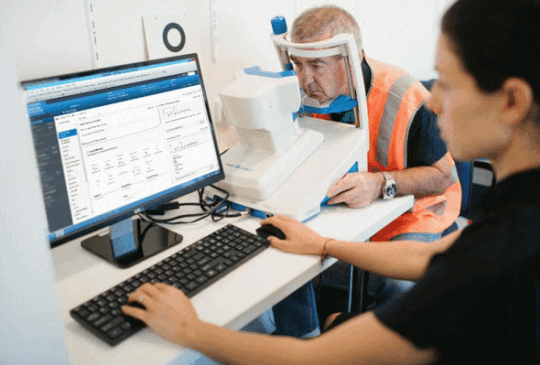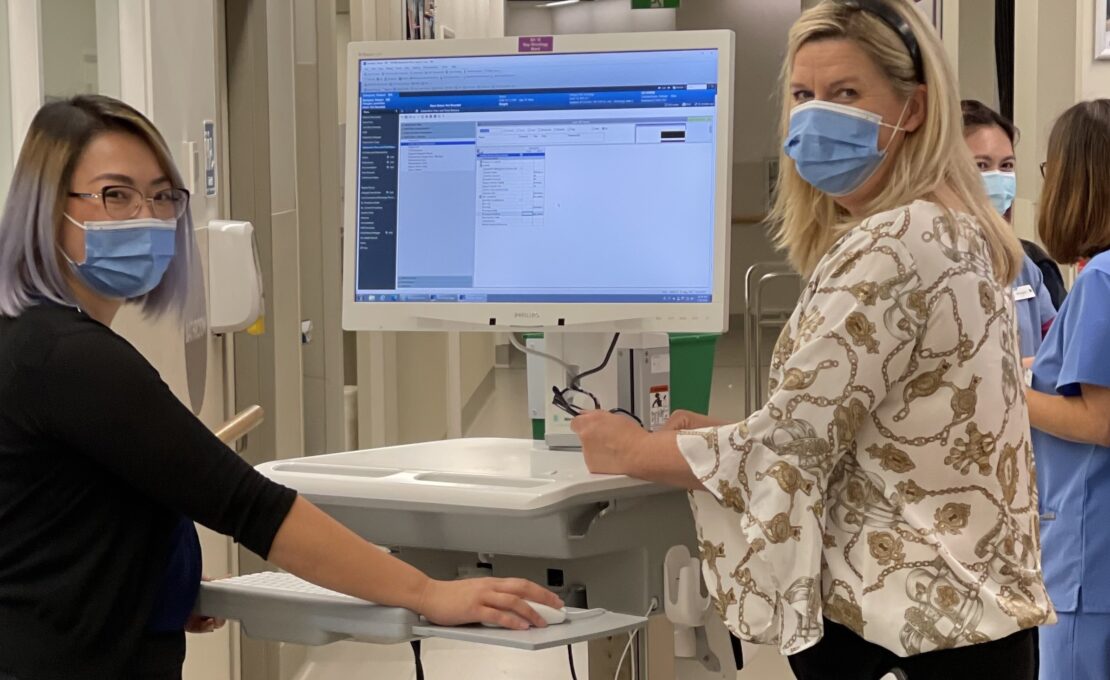
Western Health – Active Directory Separation
Western Health is one of Australia’s largest healthcare providers. The Western Health active directory (which controls how users interact with Western Health’s networks) was operated as shared infrastructure with Melbourne Health and Northern Health. Sharing the Active Directory resulted in several operational inefficiencies and an inability for Western Health to achieve their Digital Health strategy.
UT Consulting was engaged by Western Health to document the separation of Western Health from the shared Active Directory. This case study provides an overview of UT Consulting’s involvement, working with Western Health, to achieve Active Directory Separation and the outcomes our team delivered.
What is an Active Directory?
The Active Directory is a database and set of services that connects users with the network resources they need to complete their work. The Active Directory services control the activity that occurs in Western Health’s IT environment, ensuring people have adequate authentication and authorisation to access information stored on the network.
About Western Health
Western Health is one of Australia’s largest healthcare providers responsible for managing several acute care public hospitals including:
- Sunshine Hospital
- Joan Kirner Women’s and Children’s Hospital
- Footscray Hospital
- Williamstown Hospital
- Bacchus Marsh Hospital
Western Health is also responsible for operating the following:
- Sunbury Day Hospital
- Melton Health and Community Services
- Bacchus Marsh Community Health Centre
- Caroline Springs Community Health Centre
- Grant Lodge Residential Aged Care in Bacchus Marsh



The Active Directory Problem
For Western Health, sharing the Active Directory between other health service providers became limiting and cumbersome. As the organisation matured, they found it difficult to align their Digital Health and Identity Management strategy with the current implementation of a shared Active Directory service.
The replication of Active Directory objects and data across three health agencies created process inefficiencies. Notably, a lot of information across agencies was not relevant, making account management and schema changes more complicated.
Because the services were shared, Root Administrative support was maintained by Melbourne Health. However, to implement Western Health’s strategic initiatives, they required completed control over root administration. Western Health also wanted to implement role-based Access and an Identity Management solution to optimise the onboarding process and simplify access to applications like their Electronic Medical Record.
The Path Forward – Active Directory Separation
Western Health decided to separate from the shared Active Directory. This process would require a specialist ICT consultant to facilitate the documentation process and provide relevant technical guidance. Following this, a suitable ICT Contractor would be engaged to undertake the active directory separation. To support this process, Western Health approached UT Consulting to serve as the specialist ICT Consultant to advise on this process.



UT Consulting & Western Health
Western Health engaged UT Consulting to help document a request for tender (RFT) to obtain market pricing for a suitably qualified ICT Contractor. The RFT documentation process involved workshops and consultation with key Western Health stakeholders including the:
- Director of Digital Health
- Director of Digital Technology Services
- Deputy Director of Digital Technology Services
- EMR Technical Lead
- EMR Project Manager
- Team Lead Servers & Infrastructure
- Team Lead Desktop Systems
- Team Lead Applications
- Chief Financial Officer
- Manager ICT Contracts & Procurement
Each stakeholder group had specific interests regarding the overall functional, technical, and success outcomes required of the project. UT Consulting conducted a series of topical workshops to cover the key criteria of the RFT documentation. Workshops aimed to gain understanding of the following:
- Overview and high level audit of existing Active Directory Infrastructure physical and logical design
- Key functional dependencies and applications
- Key Technical dependencies and systems
- Specialist systems considerations including clinical applications requiring zero downtime
Following the workshop and active directory review process, UT Consulting prepared an RFT specification outlining the overall requirements for the project. This process enabled Western Health to appoint a contractor by ensuring the key scope and requirements were documented, and that risks were mitigated. The RFT included the following information:

Following the workshop and active directory review process, UT Consulting prepared an RFT specification outlining the overall requirements for the project. This process enabled Western Health to appoint a contractor by ensuring the key scope and requirements were documented, and that risks were mitigated. The RFT included the following information:
- Project Background
- Project Requirements
- Contractor Evaluation Criteria
- Milestone Program
- A detailed Contractor Scope of Works.
After facilitation the RFT process on behalf of Western Health, which included reviewing and coordinating respondent clarifications, UT Consulting undertook a detailed review of each tender response. The outcome led to a specialist provider being engaged to successfully deliver the RFT’s Scope of Works.
UT Consulting was delighted to support Western Health in achieving their Digital Health and Identity Management Strategy. Working closely with the team, we were able to navigate them through complex process of separating their Active Directory from Melbourne Health and Northern Health.
If you or your organisation have a complex ICT problem that needs solving, feel free to speak with one of our consulting team at: +61 3 9601 6555.


